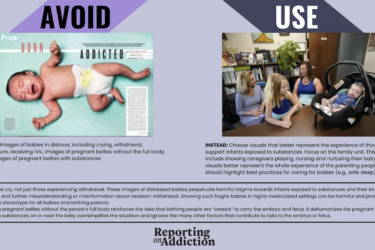
A study of a diverse population of 2,000 women living the United States has found that everyday experiences of discrimination contributes to risk of increased blood pressure in the course of 10 years.
Obviously, in a climate of #MeToo and sexual assault allegations and criminal findings against a host of people in public life, the effect of any discrimination against women should attract attention. As of yet, however, no outlets seem to have covered the study, which was published Sept. 21 in the Annals of Behavioral Medicine (paywalled). Certainly, there are angles to women’s experiences of discrimination, past and present, and health effects over time.
The data for this analysis come from the Study of Women’s Health Across the Nation, or SWAN, study. SWAN is a multi-site study following the women in mid-life as they age and including women from a range of ethnic and racial groups. Women initially enrolled in 1996 and have been followed up each year, on average, up to 2016. The study has generated 460 publications as of this writing, which offer a repository of findings related to how being a woman affects health outcomes and health behaviors.
The first author on the current study is Danielle Beatty Moody, an assistant professor of psychology at the University of Maryland, Baltimore County, which seems potentially timely. She focuses on the links between racial and ethnic disparities and cardiovascular disease risk.








